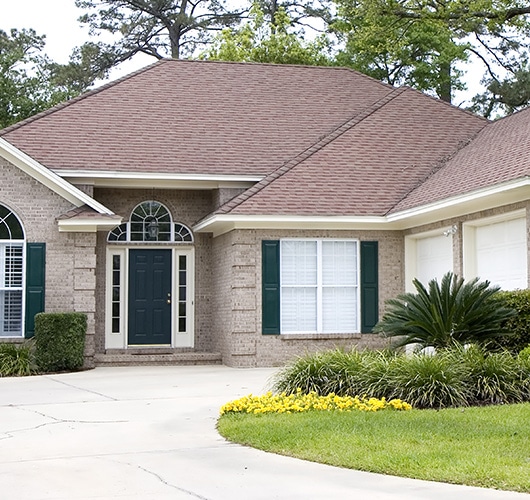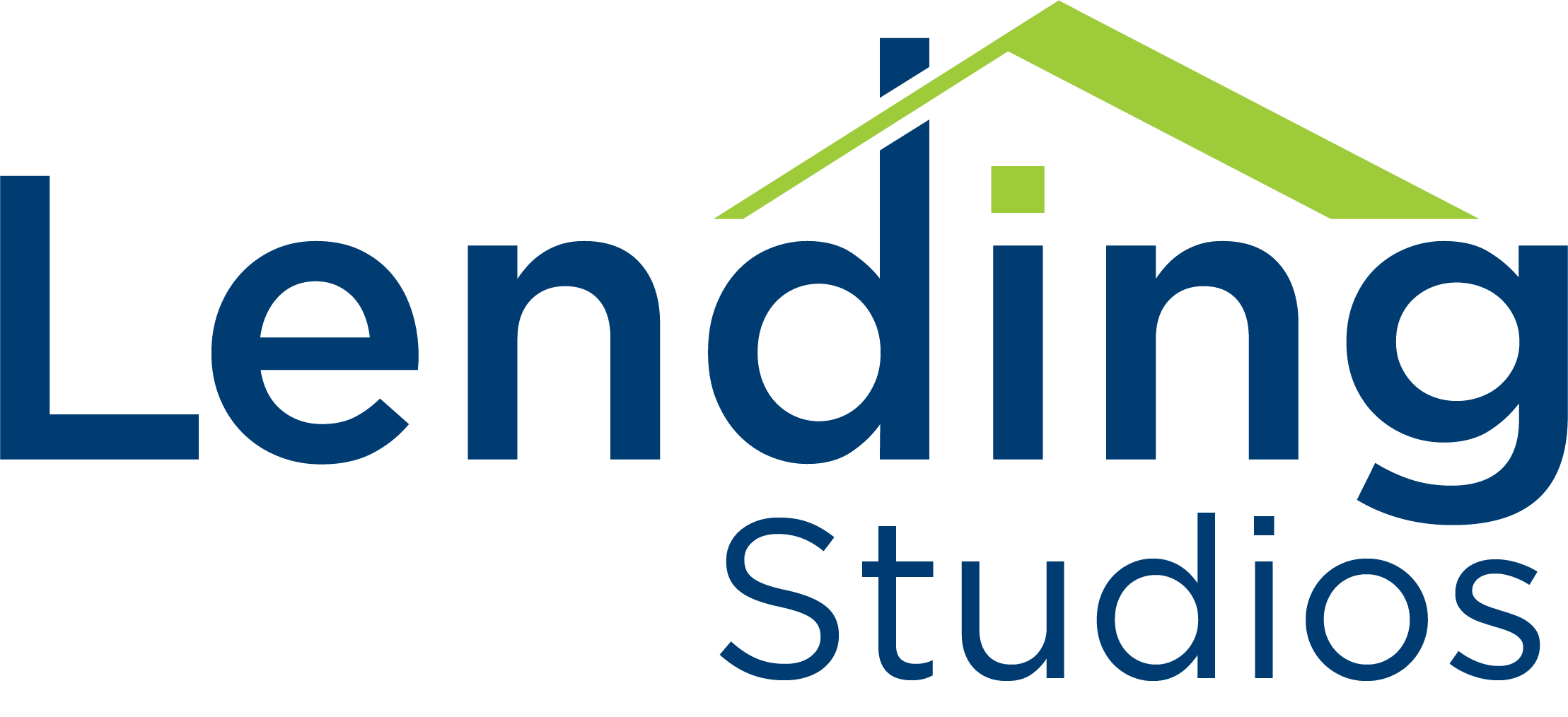When Is A Cash Out Refinance Best?
There’s no other way to phrase it, refinancing is a big decision. It will likely change your financial status for at least the next 15 years, perhaps longer depending on how you go about your refinance. It’s not a decision to take lightly, and the more research you do about it, the more secure you’ll feel in your next move, whether it’s refinancing or something else. Here at Lending Studios, we’re passionate about making all of the resources and professional advice you need to know about lending available to you. We want folks in our local community to be able to make the right decision based on the options available, which is why you’ll always find transparent and enlightening articles available here.
That being said, we know just how hard it can be to determine the timing of your refinance or the type of refinance you should get. While we can hardly help you make the right decision for you and your future finances, we hope to be able to illuminate the path to success for you. Especially when it comes to the question of when you should start your cash out refi.
Not Sure? Start Here
Short-Term Loans Are In Style
Keep It Simple & Elegant
Cut Out The Extra Steps
Access Your Equity In Cash
The Attraction of Refinancing
If you’re unfamiliar with this type of refinance, it’s defined as the refinancing option that will let you have access to your current home equity to use in a variety of ways depending on your current financial needs. Essentially, a refinance of any kind, including a cash-out refi, is the process of replacing your current mortgage with a new home loan for the remainder of what you owe on your house. In the event of a cash-out refinance, however, you would secure a loan for more than what you owe on the house. The difference goes directly into your pocket to do with what you will. In order to do a cash-out refinance, you’ll need to have a considerable amount of equity already paid into your home.
It should also be noted that cash-out refinances will come with a slightly higher interest rate due to the loan amount being higher than it would be during a regular refinance. You’ll also need to note that your cash-out amount is limited. You’ll only be able to access between 80% to 90% of your home’s equity that you already have invested. For example, if you have purchased a house for $200,000 initially with a 20% down payment and then decide to refinance when you’ve only paid 40% of the loan, you won’t be able to pull $80,000 out in pure cash. You’ll still need to leave equity in the house.
Based on those guidelines, if you’re still interested in a cash-out refinance, there’s a selection of pros and cons still left to weigh out that can affect the timing of accessing the loan.
Benefits of a Cash-Out Refinance

Lower Your Interest Rate
Lower Your Loan Term Rate
Access Sorely Needed Cash
Lower Your Monthly Payments
Lower Your Interest Rate
Pair your lower interest rate with the potential of accessing a nice bundle of cash to use how you see fit and the choice to pursue a refinanced rate and loan term is easy to make.
Lower Your Loan Term Rate
Another main benefit of refinancing, whether you choose a streamlined or cash-out refinance is a lower loan term. While interest rates are always a good indicator of refinancing timing, if you have enough to refinance for a lower loan term, you could end up paying much less in interest over the course of your loan. Considering a cash-out refinance for a smaller loan term is a great way to get home improvement funds while also decreasing the amount of time you have left to pay off your home. After all, a shorter loan term means less interest paid overall. That means that you’ll be paying a sum closer to the amount the house was listed for when you first purchased it, rather than the inflated price from constantly gathering interest. If the timing feels right for you to shorten your loan term, then it might be the right time for a cash-out refinance.
Access Sorely Needed Cash
One of the main reasons that people pursue a cash-out refinance is because they need liquid cash more than they need considerable equity in their current home. This issue can arise due to a number of things. For example, if you have a large amount of credit card debt in several different places, it might be a good idea to access a cash-out refinance to help you consolidate your debt. Often, you’ll be able to secure a much more reasonable interest rate for your new home loan than you are currently paying on any of your credit card bills. You could then use the cash from the refinance to pay off all of your existing credit card debt and wrap your loan repayment bills into one location: your mortgage.
Other uses for cash-out refinances are home improvements. If you’ve determined that you intend to stay in your home for some time and you’re looking to drastically improve your current home space, a cash-out home loan might be a good way for you to access the funds to do so. This can help add value to your home, improve your quality of life and give you the benefits that refinancing already holds, like being able to secure a better loan term and interest rate.
If you’re looking for a way to access cash, a cash-out refinance is one of the better ways to access that cash.
Potential Downsides of Cash-Out Refinances
While there are plenty of reasons to move forward with your refinance, there are also reasons to do so with caution. Please keep in mind that, depending on the loan terms you can secure, you may end up paying off your house longer than you previously intended. For example, if you are approved for a 30-year cash-out refinance, and you’re halfway through your first 15 years on your original 30-year mortgage, then you’ll be adding another 30 years to your loan term. Additionally, depending on your financial situation and if you’re looking to lower the monthly cost of your mortgage, it may take longer to pay off the entire sum of the loan as well.
Also note that, depending on how much of your equity you take out of the house, you may end up increasing your monthly mortgage payment. If you can’t afford an increase, it may not be the best option for you. Plus, if you wait too long for the right interest rate and they only increase, you may find yourself paying a higher interest rate than you were on your previous loan.
Closing costs for any kind of refinance can cost thousands of dollars and you may face a charged penalty if you accidentally take out too much of your equity. Plus, if you can’t pay the new terms on this new loan, your house is at stake.

Schedule A Consultation With Lending Studios
If you’re browsing your lending options and looking for a way to potentially refinance, we’re here to help. We offer premium lending solutions for the folks in our community, and we’re happy to consult with you, look over your current loans and finances and help you find the best refinancing option for you. If you’re looking to see if now is the time for your refinance process to begin, don’t be shy! Reach out to us today to schedule an initial consultation to get started.
